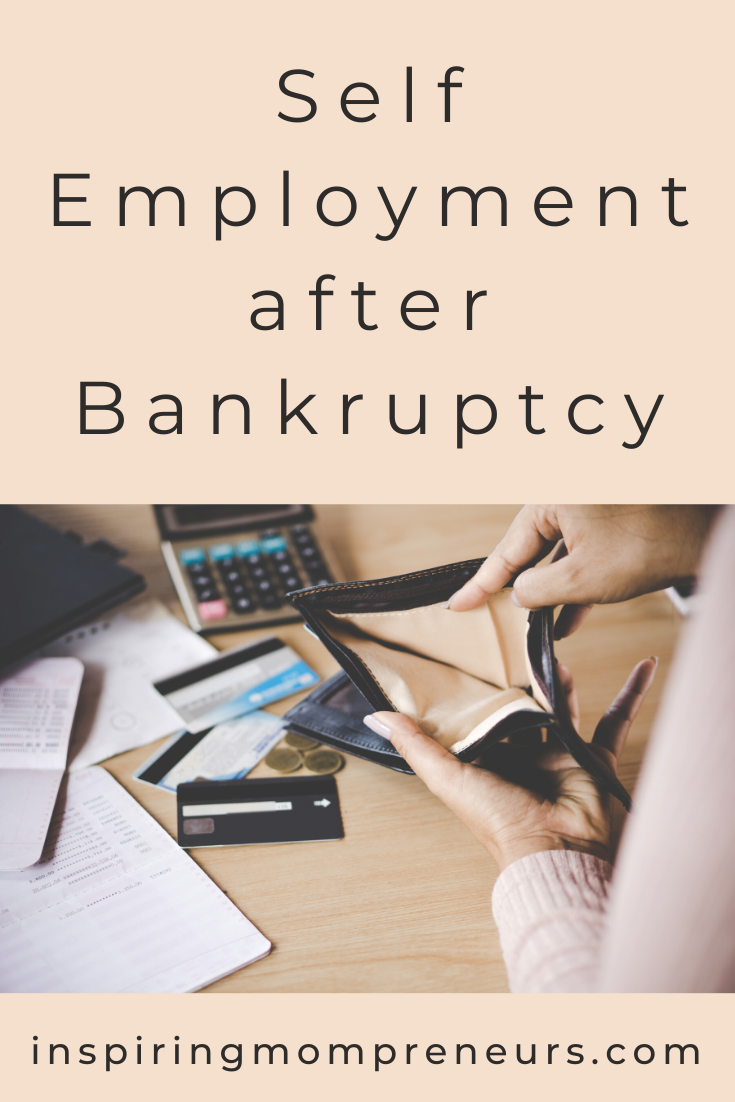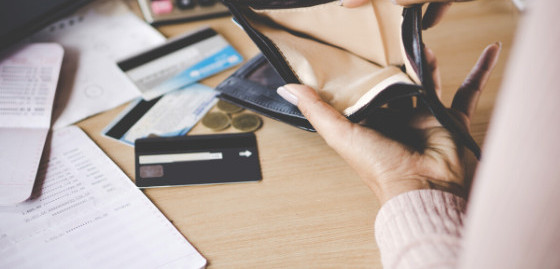There is nothing that quite strikes fear into an Entrepreneur’s heart as the thought of bankruptcy. Whether you are the owner of a business or a self-employed individual, bankruptcy is an option you will not take lightly.
And you’ll be painfully aware if you have employees that depend on you, that this decision will not only impact yourself but also them. From suppliers to staff members, bankruptcy can have wide-ranging consequences.
Bankruptcy substitutes
When you are a self-employed businessperson, the last thing you seek is to resign from your position. There are some steps that you can consider and alternative routes to take to prevent this from happening.
A commonly chosen alternative for many self-employed individuals is an IVA (individual voluntary arrangement). This is a formal substitute where insolvents make a binding payment plan with their creditors.
This may entail paying lower monthly repayments over the course of a specific period to keep their debt in check, or it can involve re-negotiating and agreement of a lesser debt settlement amount. This option offers greater flexibility as opposed to bankruptcy and permits the individual to continue running their own business.
 Consider taking out a loan after bankruptcy
Consider taking out a loan after bankruptcy
The most regular misapprehension that most people have, is that bankruptcy makes you ineligible for most loans on the market.
However, this is not always true. You may still be eligible for a loan after bankruptcy; however, the process involves additional steps to go through when applying.
In addition, it restricts your ability to obtain favourable interest terms that must be paid on the lump sum. This means individuals who have a past of bankruptcy and still have credit will have to most likely allocate some time to working on a few issues before applying for a loan.
Why should you consider bankruptcy?
- It can take away some of the pressure and prevent creditors from phoning you all the time about your debt.
- You are permitted to retain some of your household goods as well as a living allowance.
- You’re no longer under threats of court action.
- Any monies owed by you are written off.
Helpful tips before filing for bankruptcy
- Ensure your personal and business finances are isolated prior to filing bankruptcy. Stay on top of business income and expenses while keeping your private finances favourable.
- Hire an accountant to estimate your monthly income before filing bankruptcy. The bankruptcy evaluates six months income prior to filing if you’ve applied for Chapter 7 or chapter 13 bankruptcy. A self-employed debtor mustn’t understate their income on the bankruptcy application. This could lead to court dismissal. An accountant can assist you in calculating your income figure correctly.
- Assemble all your business expense paperwork, i.e., vendor contracts, employee contracts and credit agreements. If any debts are outstanding to creditors (including suppliers and workers), all these expenses must be included in the bankruptcy filing if you want them to be part of the bankruptcy discharge.
- As soon as you’ve decided on bankruptcy as a solution, don’t transfer any of your assets to family, friends or business associates. Despite your intentions being entirely honourable, by doing so, it could result in issues with your case.
- Speak to a bankruptcy lawyer about your options for bankruptcy. Even if a self-employed debtor seeks to file for chapter 13 or chapter 7 bankruptcy, contingent on their debts and assets, a chapter 11 bankruptcy may be the better option. However, you’ll have to discuss your financial situation with an experienced and qualified bankruptcy lawyer.
Is there life after bankruptcy?
Yes. It may take a while to rehabilitate but it’s quite possible to start up a business once again after declaring bankruptcy.
Naturally, you can expect your ego and emotions to take a knock. We encourage you to seek counselling or support to help you through the emotional turmoil.
Many an entrepreneur has had to start over and has built a bigger, better business once they faced up and took responsibility for what went wrong the first time around.
It’s going to take courage and insight to let go of the past and look towards a new, rosy future but you are an Entrepreneur and those traits are strong with you. Your ability to bounce back and overcome adversity is what made you venture out on your own in the first place.
The important thing to know is that this will pass, you will get through this and the lessons you’ve learned (though they may be tough lessons) will make you stronger.
Please take heart and know you have not failed. You have just gone through a very painful learning curve. Be the Phoenix who rises from the ashes and goes on to do great things.
We hope our post has given you some valuable insight on what to do or not do when filing for bankruptcy and some alternatives to consider before filing for bankruptcy. We do recommend that you seek legal advice before going forward.
Would you continue to choose self-employment after bankruptcy?


